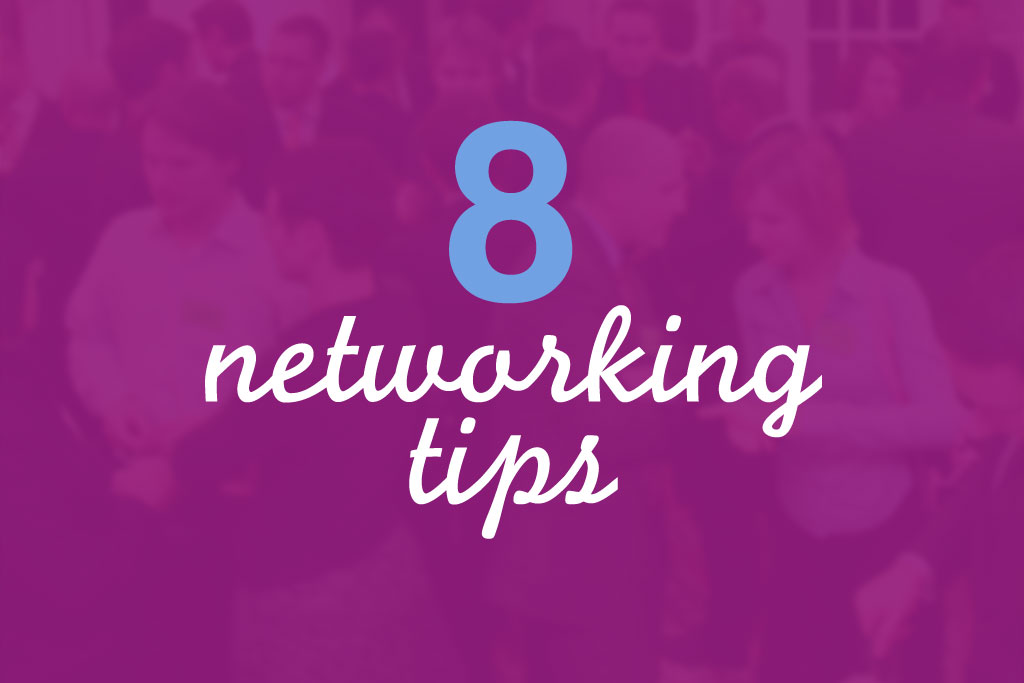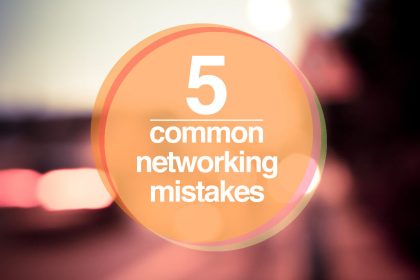Why you need to stop transactional networking – and start altruistic networking instead
Find out why you should avoid transactional networking – and why altruistic networking will ultimately do everyone more favours.
Too often we see business advice recommending a very mercantile attitude to networking, and promoting the idea that if you scratch my back, I’ll scratch yours. However, we believe this approach to networking isn’t just less enjoyable – it’s also short-sighted and less beneficial for everyone.
Growing your network of contacts relies heavily on your interpersonal skills, and many of us are more comfortable offering advice and support than we are asking for something from someone we’ve just met.
So it’s easier, more pleasant and usually much more natural to avoid seeing networking as a collection of debts vs payments (“I’ve put myself out for you, now I’m calling in my favour” or “I’m not going to help you until you’ve done something for me first.”), and instead approach it with a more helpful, giving attitude.
Set the right tone
So, exactly what sort of mentality should you carry into networking? Quite simply, networking should ideally be done on the basis of mutual support and assistance.
It’s not so much that you’ll do your contacts a favour and expect one in return at a later date, as much as you all collectively have knowledge, skills and resources that you can pool together to help each other when you need it.
Try to look at networking as a mutually rewarding sense of solidarity and cooperation, rather than mere marketplace haggling.
It’s hard to evaluate the value of favours
The problem with traditional transactional networking is that it’s very difficult to properly work out the value and equivalent return of tit for tat exchanges. The worth of assistance is largely subjective, and differing ideas of value can lead to bad feeling.
For example, if you’ve done a contact what seems to you a massive favour, and they consider that debt “settled” with something you found only marginally useful, it may create some discontent between the two of you.
Try a more altruistic approach
So, instead of approaching contacts with the offer of “If I do this for you, could you do that for me?” try to strike up a more positive and altruistic approach. As another example, if you meet someone and they admit that they’re finding some task they’ve been assigned difficult, and you know you can help them, you can use as a basis to make a connection.
You might say: “Actually, I’ve dealt with sort of thing before. Tell you what, give me an email and I’ll send you a solution first chance I get. Hopefully that’ll help you out.”
By doing this, you’ve shown yourself to be a friendly face, and an experienced one in the field at that. This makes you not just a contact worth having, but one that the other party can feel that they can trust.
Build a network of friendly contacts
Furthermore, you’ve automatically done them a favour. Although no talk of exchange was made, such an action will make the other party more inclined to make a similar favour for you at a later date should they in turn find out you’re in a bit of a fix.
It may also make them more inclined to send a message later, hopefully thanking you for helping them resolve the issue, and ask if you’d be able to meet up to discuss things further. At once, you’ve secured a friendly contact.
Don’t be afraid to follow up with them either. Contact apps like Covve can help you set reminders spaced out to balance between frequent enough to stay on their mind, but spaced out enough to not be a bother.
Reap the benefits of altruistic networking
You may not immediately see favours returned by being altruistic, but by continuously acting more like a friendly neighbour or an extended colleague you’ll foster a much more beneficial atmosphere within your address book than if you expected favours whenever you’re nice.
Trust will grow between you and your network, any assistance will come across as being peers assisting each other in their fields with less thought of returning a debt, and in general you will find working with your contacts a lot more enjoyable.










